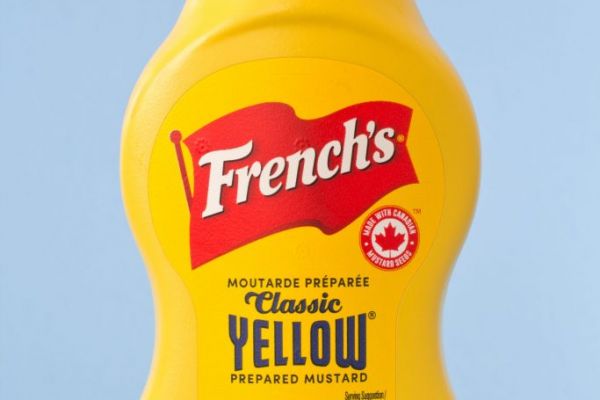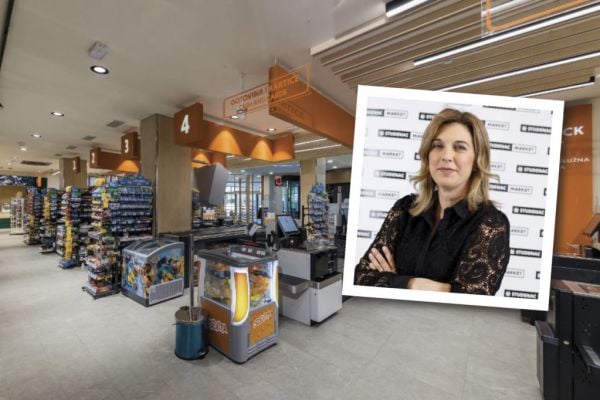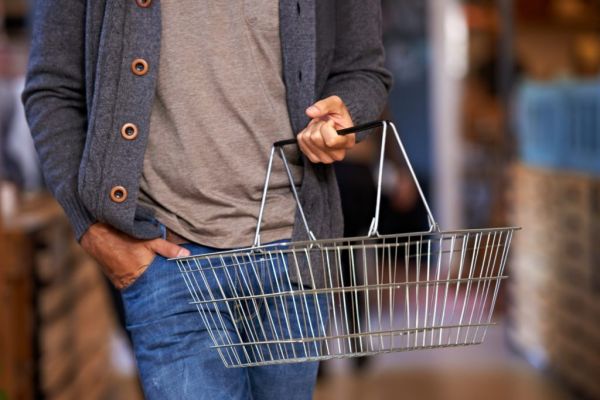Unilever promised more focus and more financial discipline after the shock generated by Kraft Heinz Co.'s unwelcome takeover attempt in February.
Making a bid for Reckitt Benckiser Group Plc's food operation, which produces French's mustard, doesn't tick the boxes at first glance. The Anglo-Dutch food group will need some secret sauce to make this potential 2.2 billion-pound ($2.9 billion) acquisition taste good.
A Rare Beast
Any company buying an asset from Reckitt goes in with open eyes. Reckitt is no slouch. The chances that this asset will be replete with slack are next to zero. This looks like a rare beast in food, a decent business growing sales organically at 5 percent. That's the top end of Unilever's own sales growth guidance. Operating margins are 29 percent, nearly twice those of Unilever.
But it makes sense for Reckitt to exit. The company's strategy is focused on personal products and health. Plus it needs to pay down debt in the wake of its $18 billion purchase of baby formula giant Mead Johnson Nutrition Co. Arguably, the unit is worth more to another food company.
Step forward Unilever, along with likely competing bids from some big names in U.S. food. Strategically, an acquisition would extend Unilever's capabilities in mustard and condiments. The company clearly knows the market well and could slot the acquired brands into its sales and marketing machine quickly. That makes it plausible Unilever could eke out savings that are beyond a non-food owner like Reckitt.
Price Tag
Unilever will need them. The mooted price tag is nearly five times analysts' estimates for the unit's 2017 sales of 455 million pounds, and 17 times forecast operating profit. The starting return on investment would be well below the deal's likely 8 percent cost of capital.
In time, Unilever could make the maths work. If the operation's revenue keeps growing at the current rate, sales would be 530 million pounds in 2020. Kepler Cheuvreux estimates cost synergies could amount to as much as 10 percent of the target's sales. Bump the margin up to the high 30 percentage points and operating profit will be around 200 million pounds. That puts a high single-digit post-tax return in sight.
Unilever still needs to win the auction. But the rare chance to buy some growth means it can justify taking part.
This column does not necessarily reflect the opinion of Bloomberg LP and its owners.
News by Bloomberg, edited by ESM. Click subscribe to sign up to ESM: The European Supermarket Magazine.














